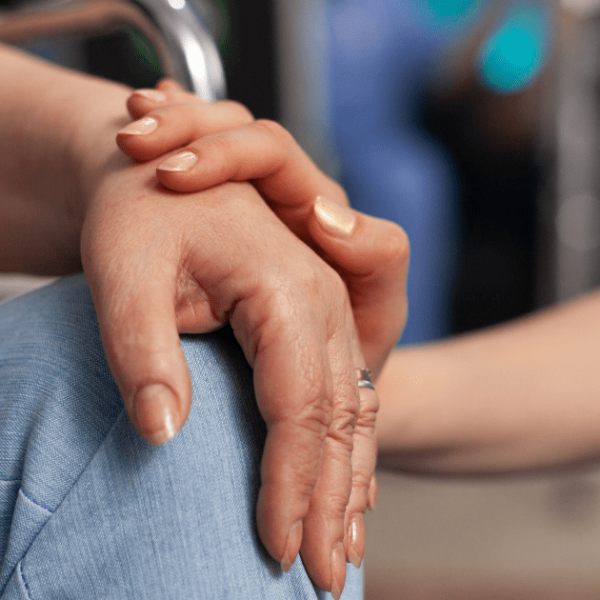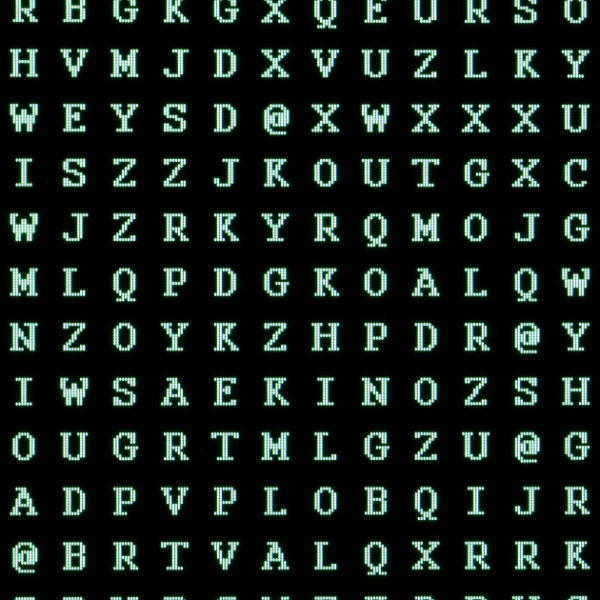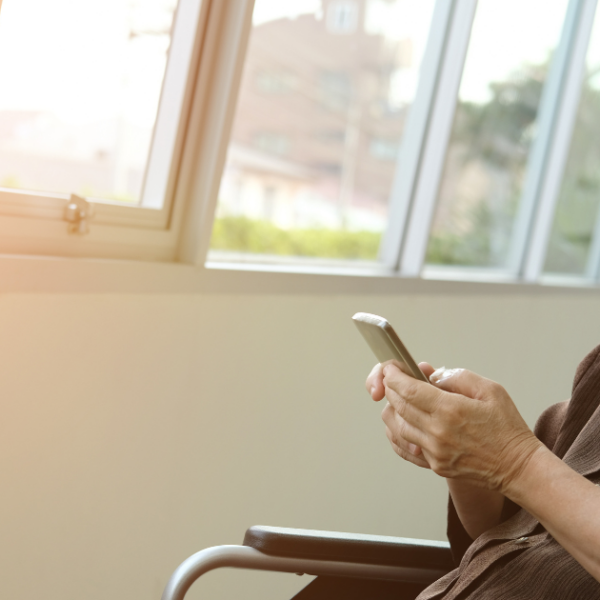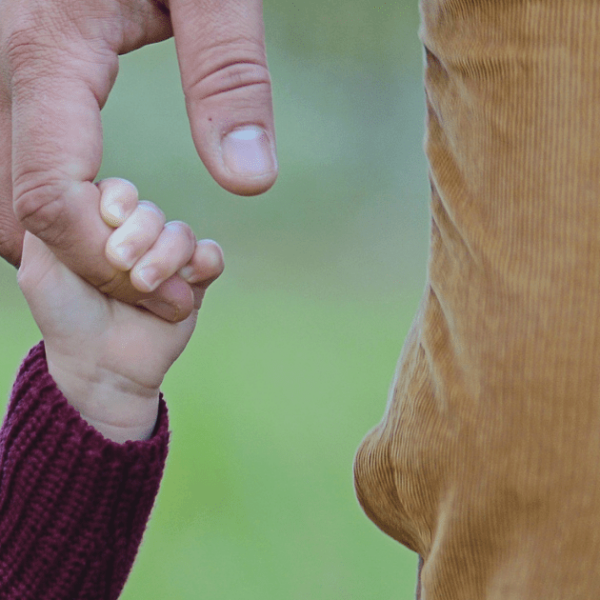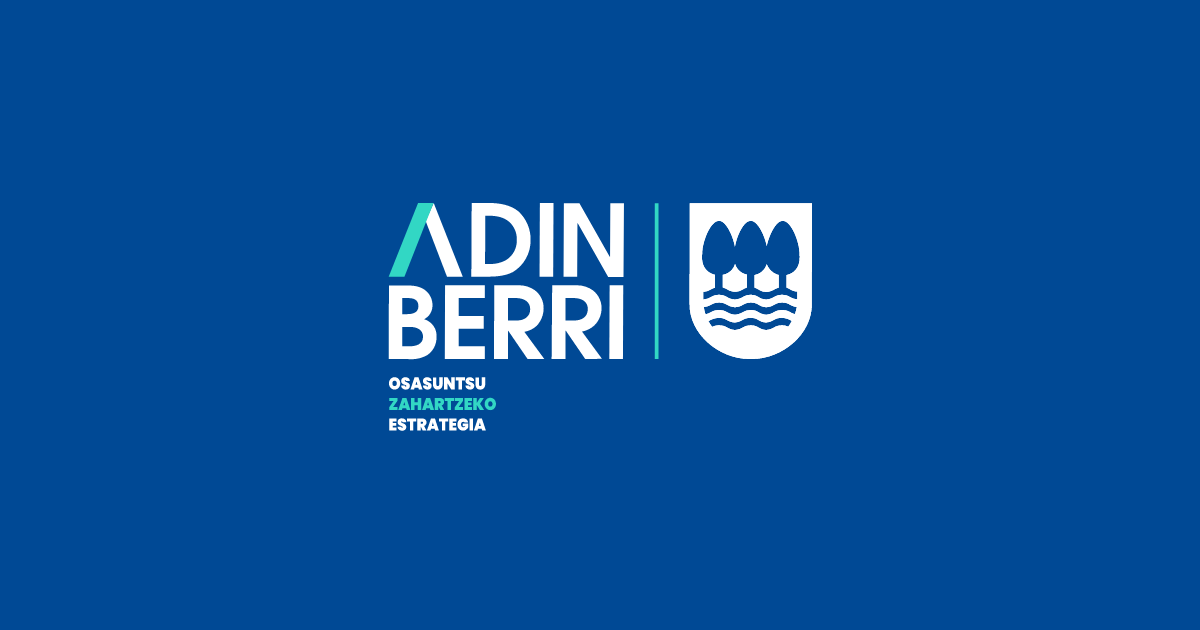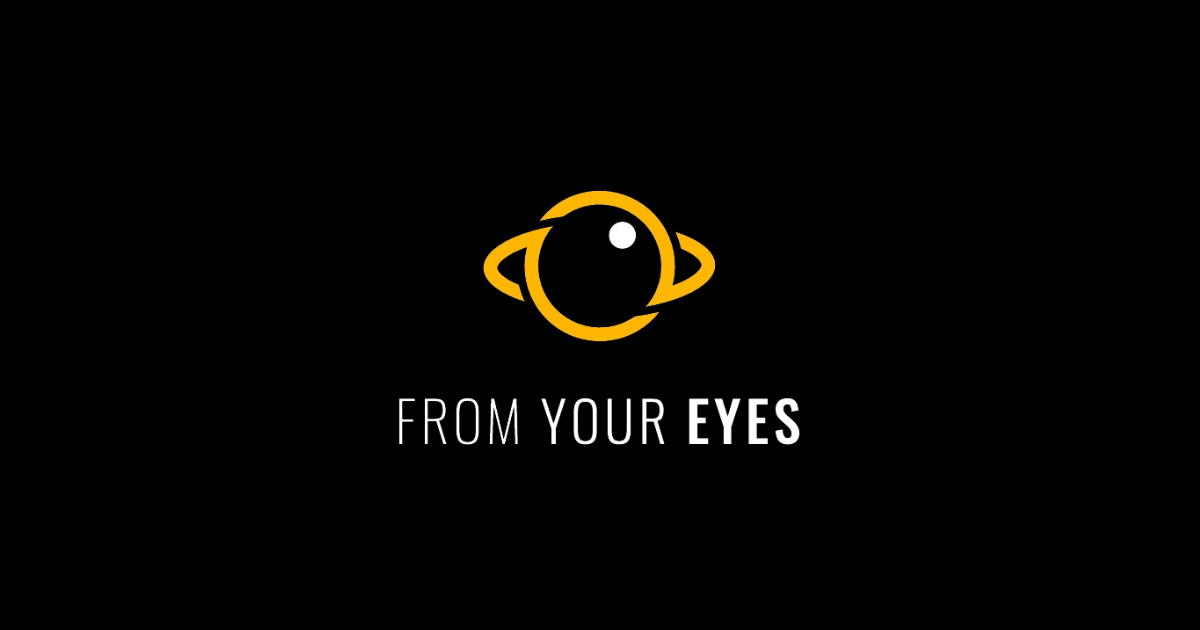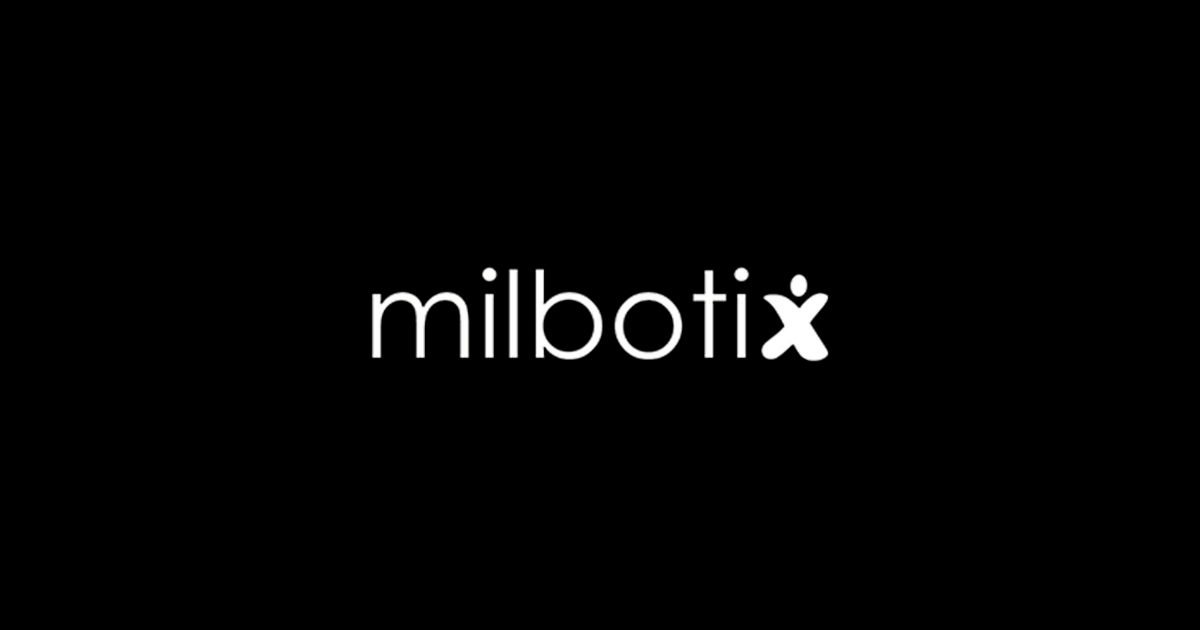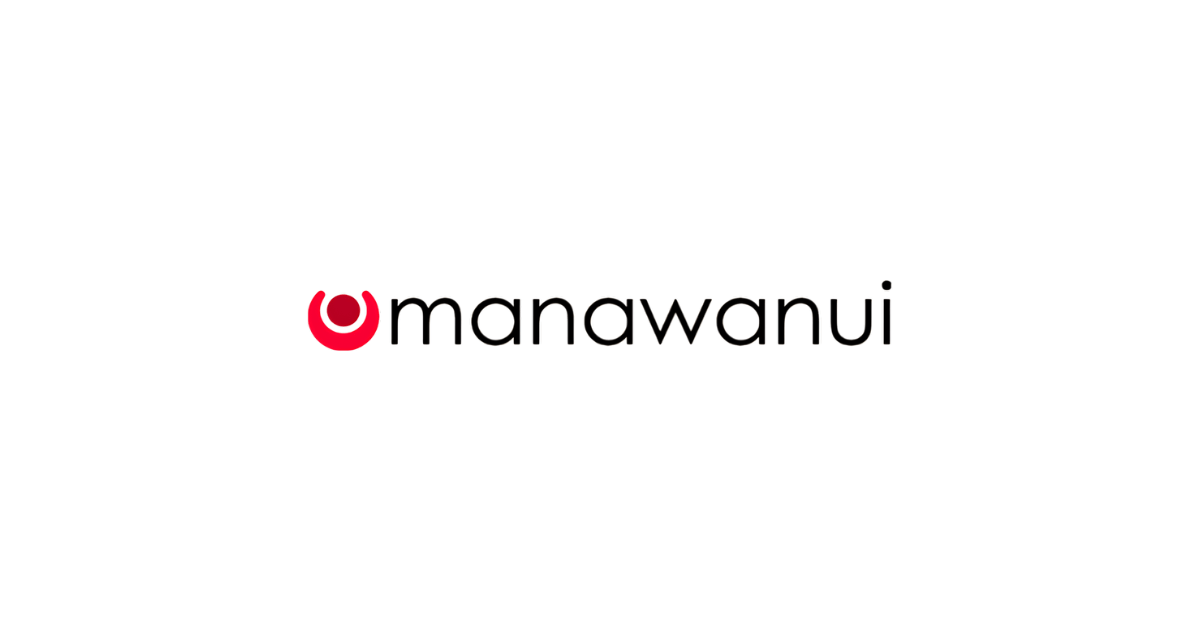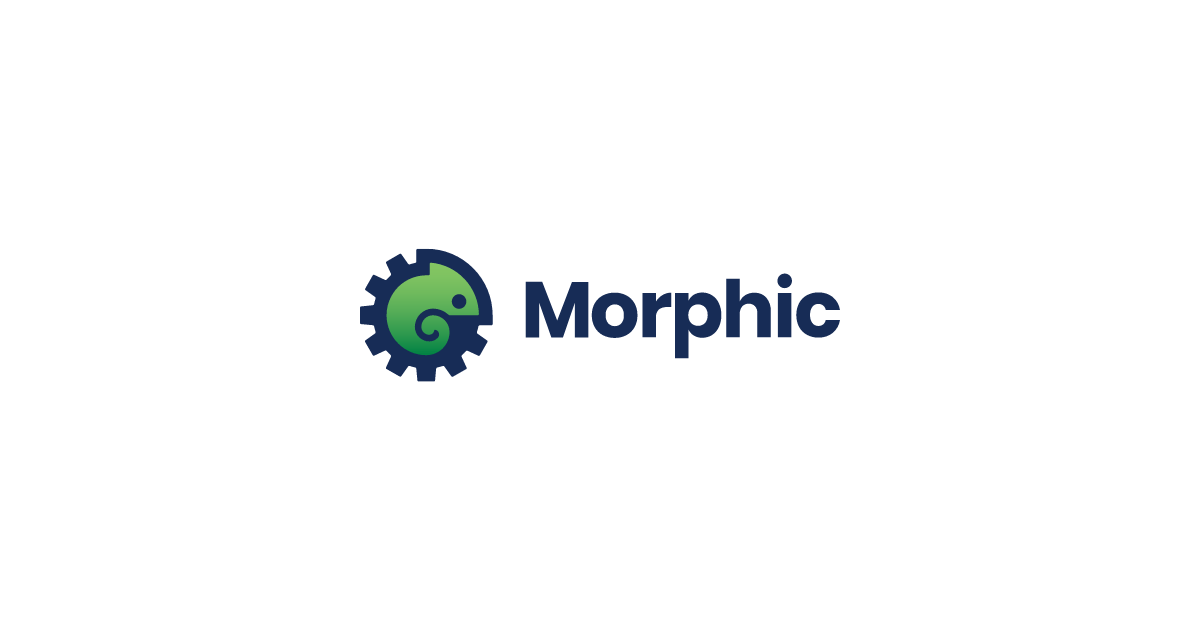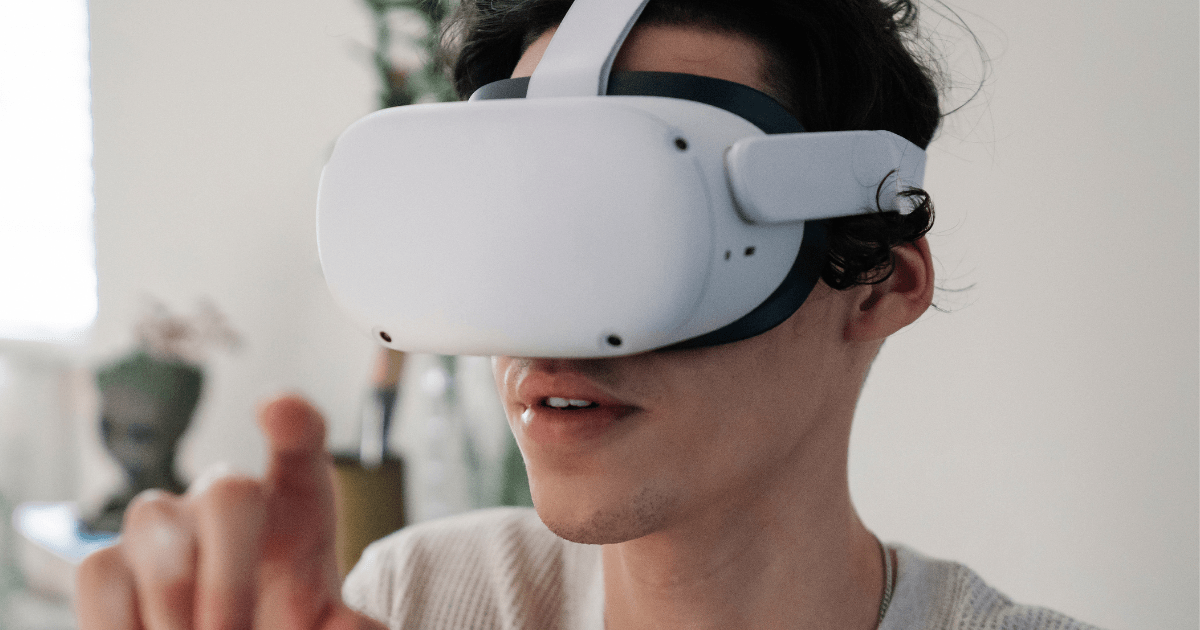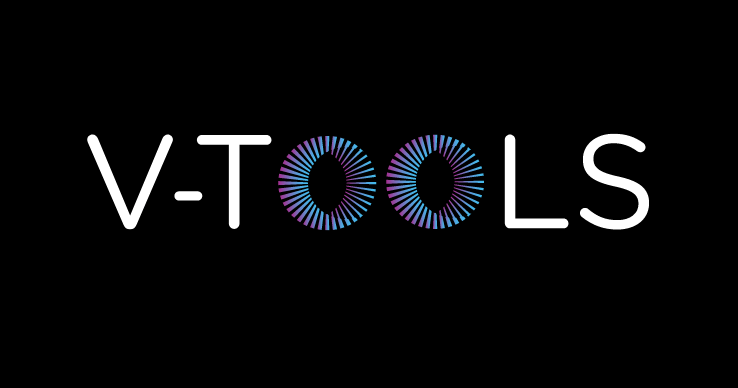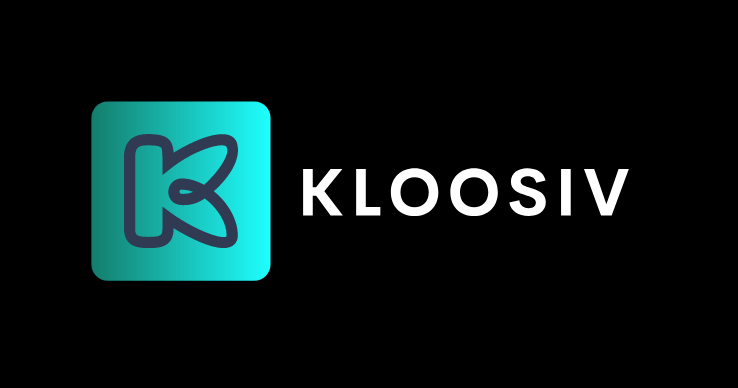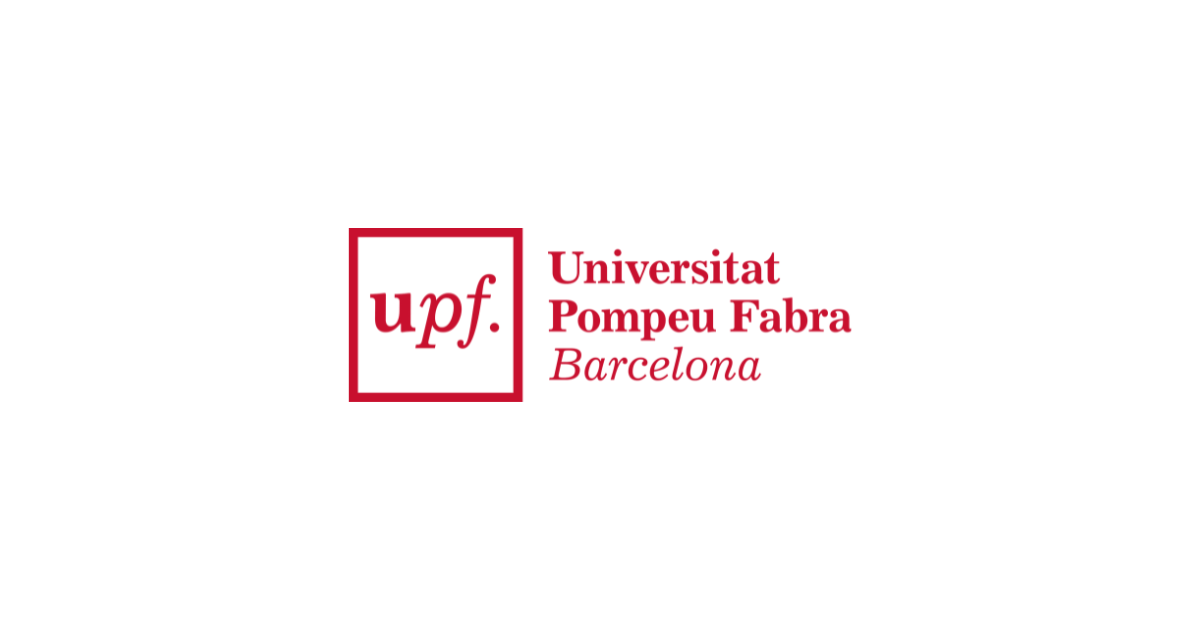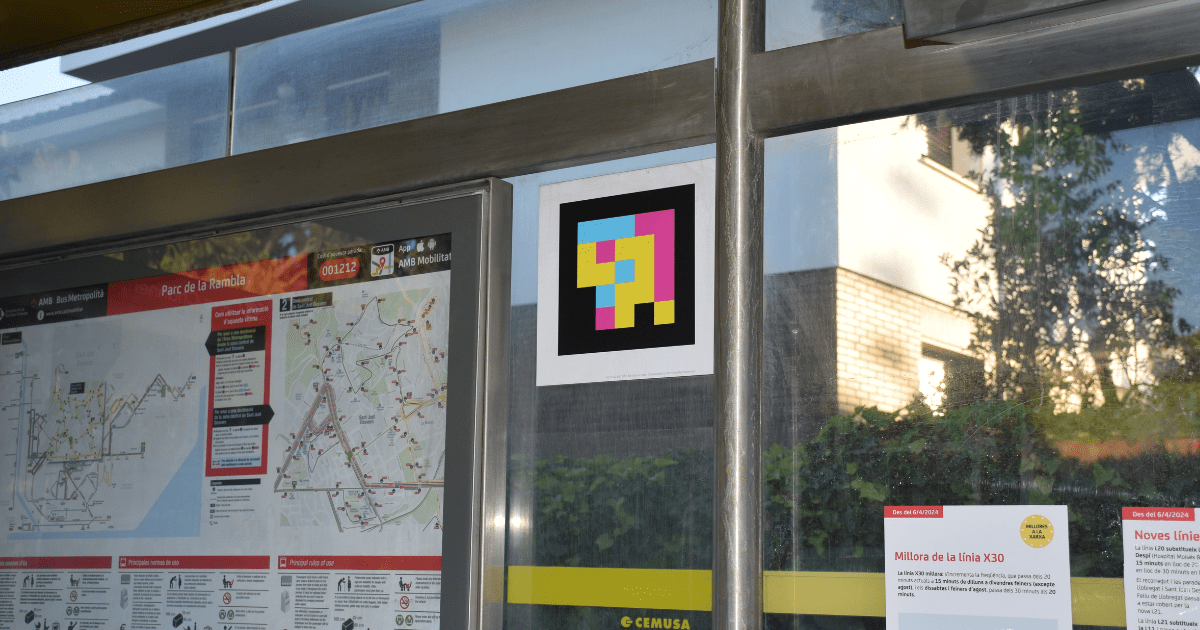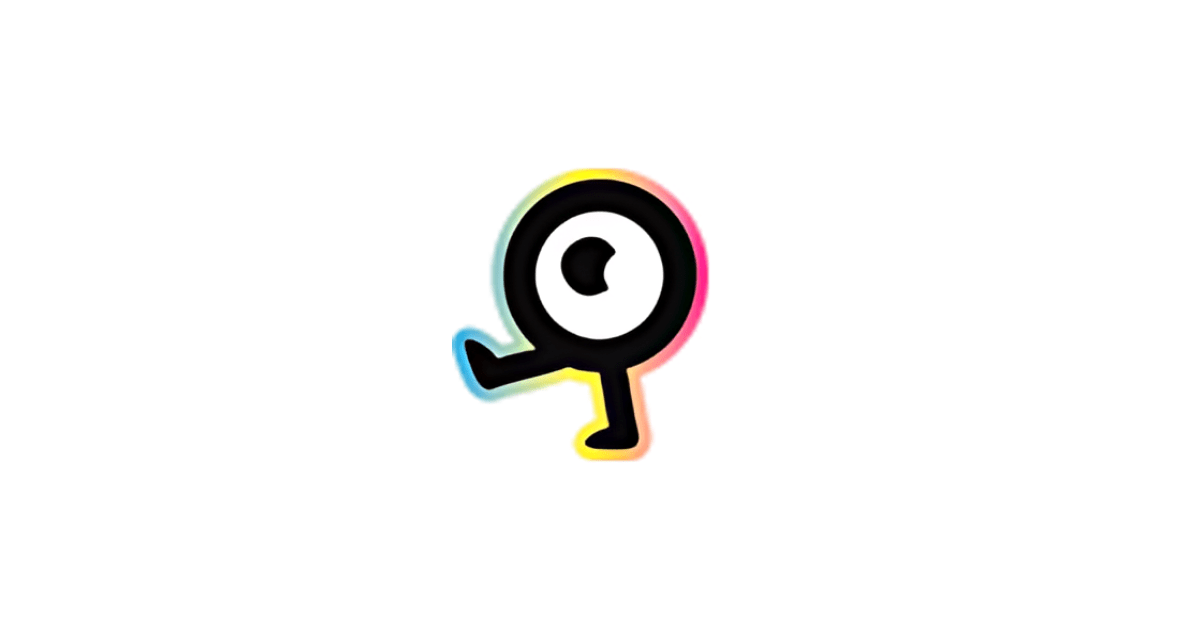Virtual Metaverse to Improve Daily Skills of People with Intellectual Disabilities
Virtual Metaverse to Improve Daily Skills of People with Intellectual Disabilities
Plena Inclusión Aragón, Cooperativa Kairós

Avatar that enables learning daily skills to enhance the autonomy of people with intellectual disabilities
Plena Inclusión Aragón and Cooperativa Kairós have developed a “metaverse” that allows practicing and learning daily skills through an avatar, aiming for people with intellectual disabilities to improve their autonomy and social participation.
The metaverse includes eight dimensions, in the form of virtual doors, symbolizing the central areas of a quality life: emotional well-being, interpersonal relationships, material well-being, personal development, physical well-being, self-determination, social inclusion, and rights. Some of the virtual activities that can be performed through the avatar include exercising, meeting friends, or participating in community activities. The application presents challenges in different areas and offers virtual rewards, such as avatar customization, thereby using gamification to encourage a healthy and fulfilling life.
The tool not only benefits people with disabilities in making decisions, but also allows professionals working with them to better understand their feelings and personal needs, expressed through the avatars. The creation of the metaverse is part of the project “Mi Casa: una vida en comunidad”, a model of deinstitutionalized long-term care for people with intellectual disabilities.
Characteristics of innovation
Localization
Aragón
Partners / Funders
Imascono, Department of Citizenship and Social Rights of the Government of Aragón, Next Generation EU Funds
Genesis
This metaverse was designed by the cooperative Kairós and the regional federations of Plena Inclusión, together with the augmented reality and metaverse studio Imascono, and was presented on February 19, 2024, in Zaragoza.
Initially, it was tested with six people living in the apartments that are part of “Mi Casa: una vida en comunida”, a program launched in 2022 that promotes the autonomy of people with intellectual and developmental disabilities through an alternative model of long-term residential care.
Level of implementation
According to Amor Numancia, the coordinator of the disability area of Cooperativa Kairós, the metaverse is an innovative solution that advances the quality of life of people and involves them in their life plans.
Moreover, according to June 2024 data from Plena Inclusión Aragón, the “Mi Casa: una vida en comunidad” program has shown significant improvements in the autonomy and quality of life of its users. It has also had a positive impact on families and the community.
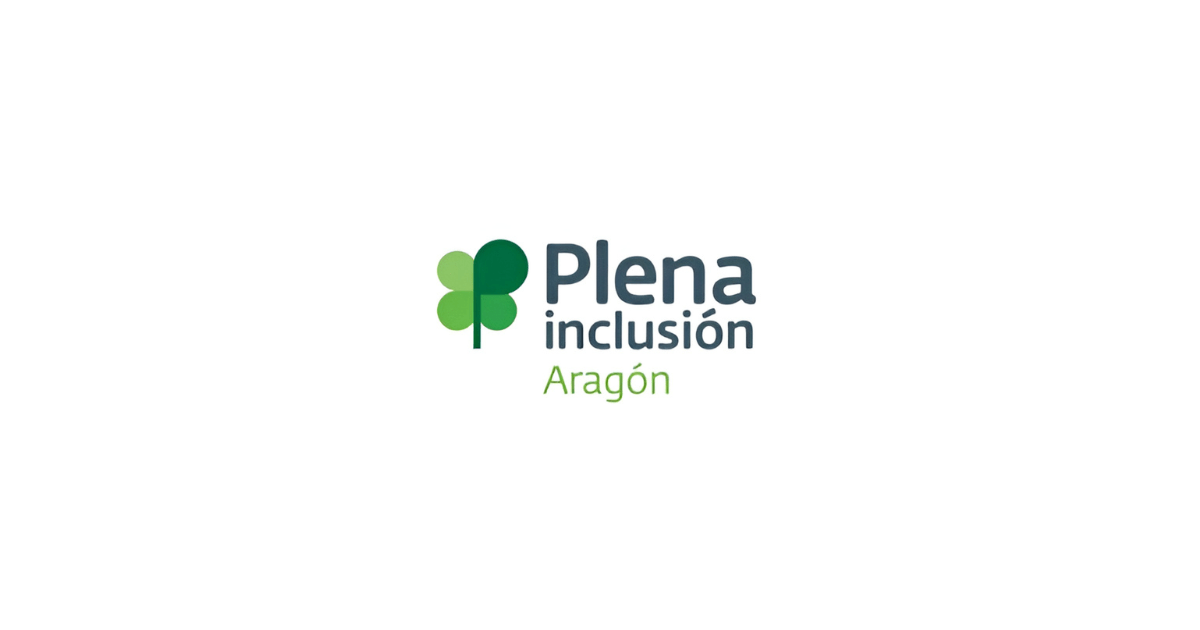
Banc d’innovacions

